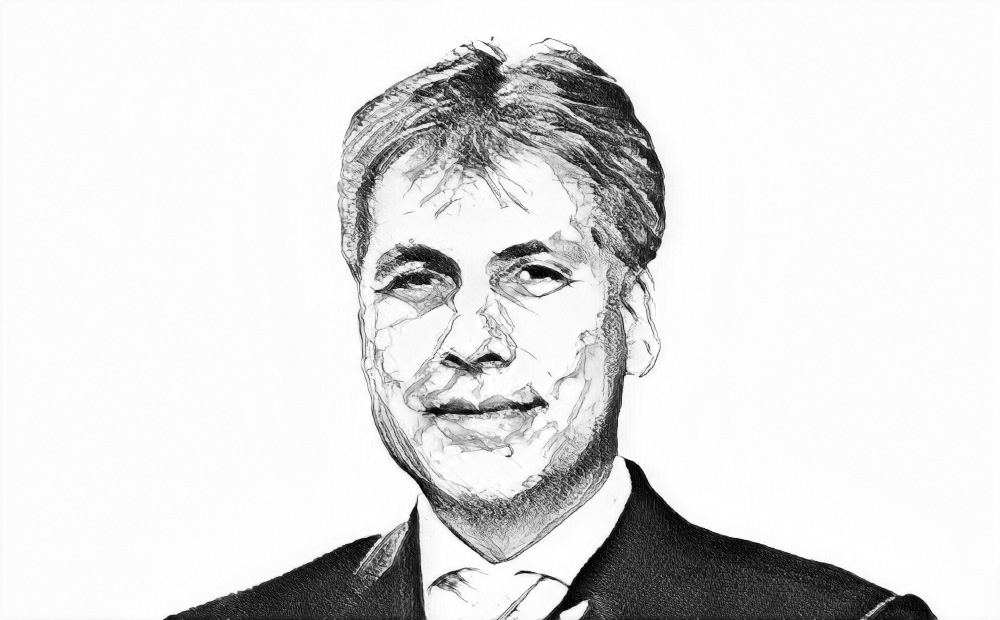Will we all be able to make the next step?

While still all EU Member States are very busy and often struggling with the implementation of the 2018 revisions of the Packaging and Packaging Waste Directive (PPWD) and the Waste Framework Directive (WFD) – not to mention the Single Use Plastic Directive from 2019 – the European Commission is already preparing the next steps: Revisions of the PPWD (to be published in summer 2022) and the WFD (during 2023) which both will again bring major changes to the whole packaging value chains in each and every EU country.
The revision of the PPWD might even come as a “regulation” which will make the new legislation directly applicable to all EU Member States. Regulation avoids complicated national implementation on one side but prevents an adaption to the national situation and needs on the other side.
So, a very drastic change in the approach which pros and cons have not really be discussed EU wide.
The new rules will probably disrupt our current economic model of using packaging by allowing only reusable or recyclable packaging from 2030 (so in about 7 years). At the same time, the new rules will change the definition what is recyclable. Moreover, the Commission will introduce minimum targets for reusable packaging for many sectors in addition to the beverage sector as well as introduce minimum recycled content targets for additional kinds of plastics. We will also see mandatory reduction targets of our packaging consumption.
We need very highly informed and educated stakeholders and politicians to be able to take part in the discussion and work of the European Parliament and the 27 EU Member States, facilitated by the European Commission, so that we can all finally agree on new legislation which is helpful for all our inhabitants and which can be realistically implemented all over the European Union.
In a light of all these proposals and seeing the current difficulties in many EU countries to fulfil the “old” obligations and targets, the challenge at hand is unprecedented. We need very highly informed and educated stakeholders and politicians to be able to take part in the discussion and work of the European Parliament and the 27 EU Member States, facilitated by the European Commission, so that we can all finally agree on new legislation which is helpful for all our inhabitants and which can be realistically implemented all over the European Union.
In other words, legislation that helps our Member States to move to a Circular Economy and is carbon neutral at the same time, while giving all 27 countries a realistic chance to fulfil the various targets.
To be ready for this, national industry in all Member States must follow very carefully the developments in Brussels to raise their voice towards their national governments and the European Institutions!
Joachim Quoden
CEO
EXPRA
EXTENDED PRODUCER RESPONSIBILITY ALLIANCE (EXPRA) is the alliance for 26 packaging and packaging waste recovery and recycling systems from 24 countries. Rinki is a member of EXPRA.